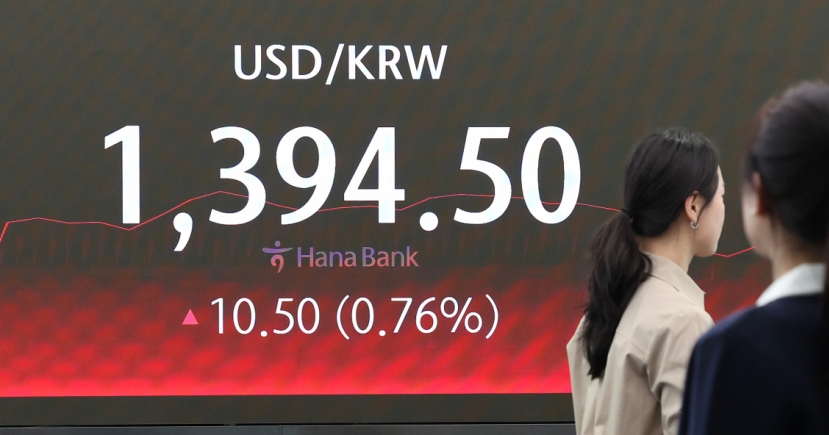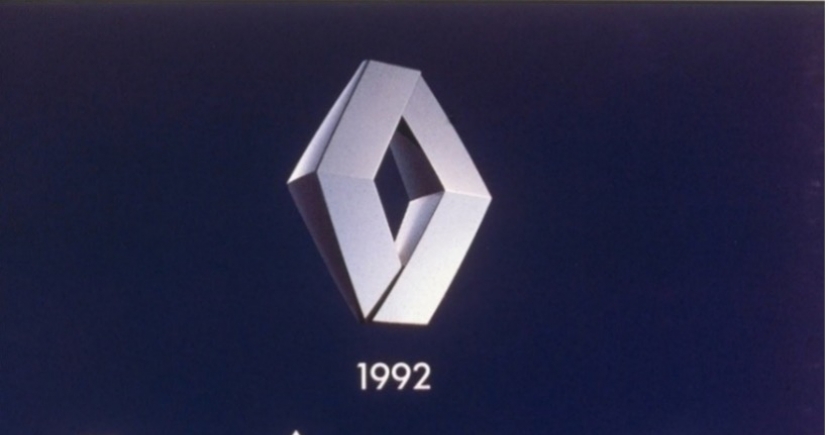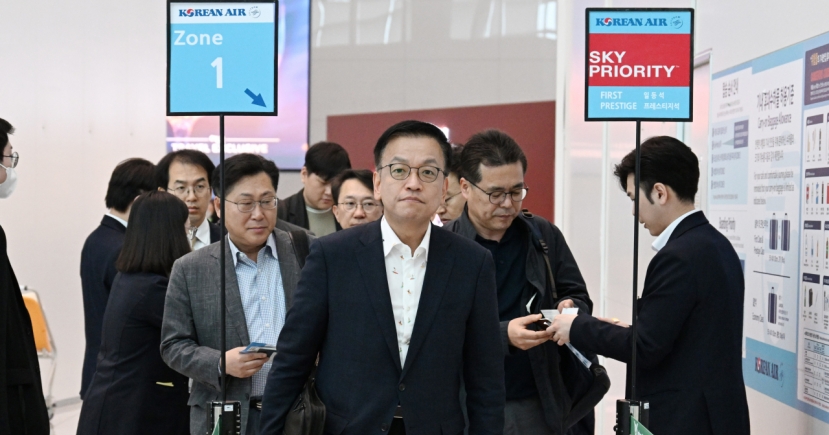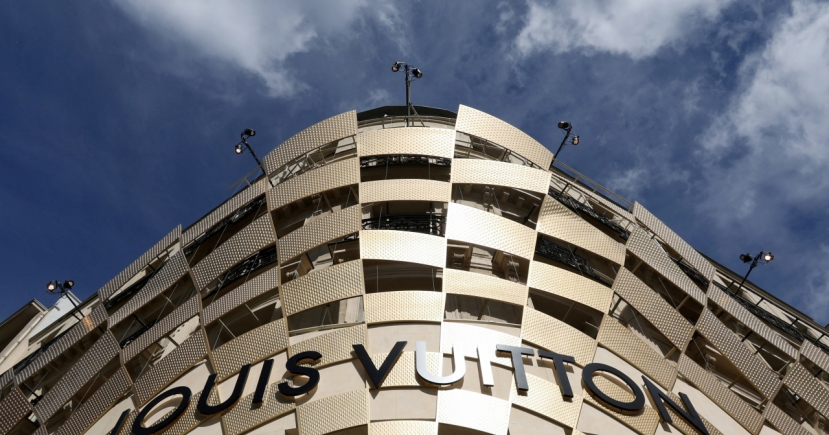Economy
[MOON’S 1ST YEAR] Time to polish President Moon’s online petition platform
[THE INVESTOR] On Aug.17 last year -- President Moon Jae-in’s 100th day in office -- the government launched an online public petition platform.
It was in response to growing demands for more communication channels with the government. The thirst for such tools had hit a peak under impeached President Park Geun-hye whose office was famous for stonewalling; some called her Elsa from Disney’s blockbuster animation “Frozen” for locking herself inside the presidential office Cheong Wa Dae.
 |
President Moon having a coffee break with his aides at Cheong Wa Dae |
The idea of this new platform was actually derived from the US White House’s petition platform We the People, launched in 2011. The mechanisms of the two platforms are similar, with minor tweaks made to the Korean system. Cheong Wa Dae is mandated to answer petitions that collected more than 200,000 signatures within a month, while in the US, the minimum requirement is 100,000. The Korean government also made it possible for users to post a petition without registering on its website. The users can simply login with their social media accounts.
So far so good?
Many Koreans welcomed the new system. As of May 8, over 182,207 petitions were posted on the website. According to a survey conducted in March by job portal Incruit among 3,516 adults, 85.7 percent evaluated the platform positively. Over 32 percent of them replied that they appreciate having an official channel to communicate with Cheong Wa Dae directly. Some of the respondents also said they believe that the opinion of minorities can be expressed more efficiently through the new platform.
Cheong Wa Dae also seems to be satisfied. In its self-evaluation report announced in May, it named the online petition platform as one of its main achievements saying that the government is answering petitions in a responsible manner.
“It is difficult for officials to get a grasp of what’s really happening on the streets. In this sense, the petition platform is useful and meaningful,” Jung Jae-young, a sociology professor at Ewha Womans University told The Investor.
Barking up the wrong tree
However as great as the system is, there seems to be room for improvement. The biggest downside about these petitions is how appropriate they represent public sentiments.
“Some petitions are inappropriate for the government to respond,” Moon’s Chief of Staff Im Jong-seok admitted at a meeting of the parliamentary House Steering Committee in February.
When the issue of illogical petitions was first raised last year, President Moon did not consider it a serious problem saying, “Even those that can’t be solved right away will be a good influence to amend future laws.”
 |
Yet a recent string of petitions -- among which many were filed in rage -- is putting a negative spin on the story.
More than 83 petitions were posted this year urging the government to ban Korean Air from using Korea in its name after reports erupted of the so-called “water rage” incident of the flagship carrier’s heiress Cho Hyun-min and other tyrannical behavior involving owner family members. The petitions were largely filed out of anger, experts said, and do not fulfill the prerequisites.
Then there was a petition arguing that the top court should expel Seoul High Court Senior Judge Chung Hyung-sik for suspending the sentence of Samsung heir Lee Jae-yong. Due to the obvious reasons -- separation of the executive and judiciary --- Cheong Wa Dae has no jurisdiction on such issues. Despite it, the presidential office informed the court of this petition, a move that can be perceived as pressure.
“The public might not be aware of the law, but Cheong Wa Dae is a whole different story, and they should provide better informed guidelines on what makes an appropriate petition,” said Jang Young-soo, a law professor at Korea University.
As a case in point, one of the petitions criticized Korean translator Park Ji-hoon for his alleged mistranslation for the Marvel superhero movie “Avengers: Infinity War.”
Are they really a reflection of public opinion?
Another problem is just how well the petitions represent public opinion.
Originally, the government allowed users to login with their KakaoTalk accounts. However, this was temporarily suspended in February, as some users were found manipulating signatures with multiple accounts.
Under the current system, a user who has multiple social media accounts can easily sign several times on a petition. For instance, Korea’s top portal operator Naver currently allows users to make up to three accounts, which makes it convenient for one petitioner to comment with different names. Experts say that this manipulation is dangerous because it can distort public opinion.
Through the conformity experiment, it was found that if three people agree on a certain topic it makes it highly likely that a fourth one to agree,” said Lee Dong-kwee, a psychology professor at Yonsei University.
“If manipulation occurs on website that is known to be trustworthy like Cheong Wa Dae’s petition platform, people will likely agree with the opinions without much thought.”
“People tend to trust numbers. If a manipulation occurs through multiple social media accounts, people will easily believe that it is the majority opinion,” according to Kong Jung-sik, a criminal psychology professor at Kyonggi University.
By Song Seung-hyun (ssh@heraldcorp.com)








